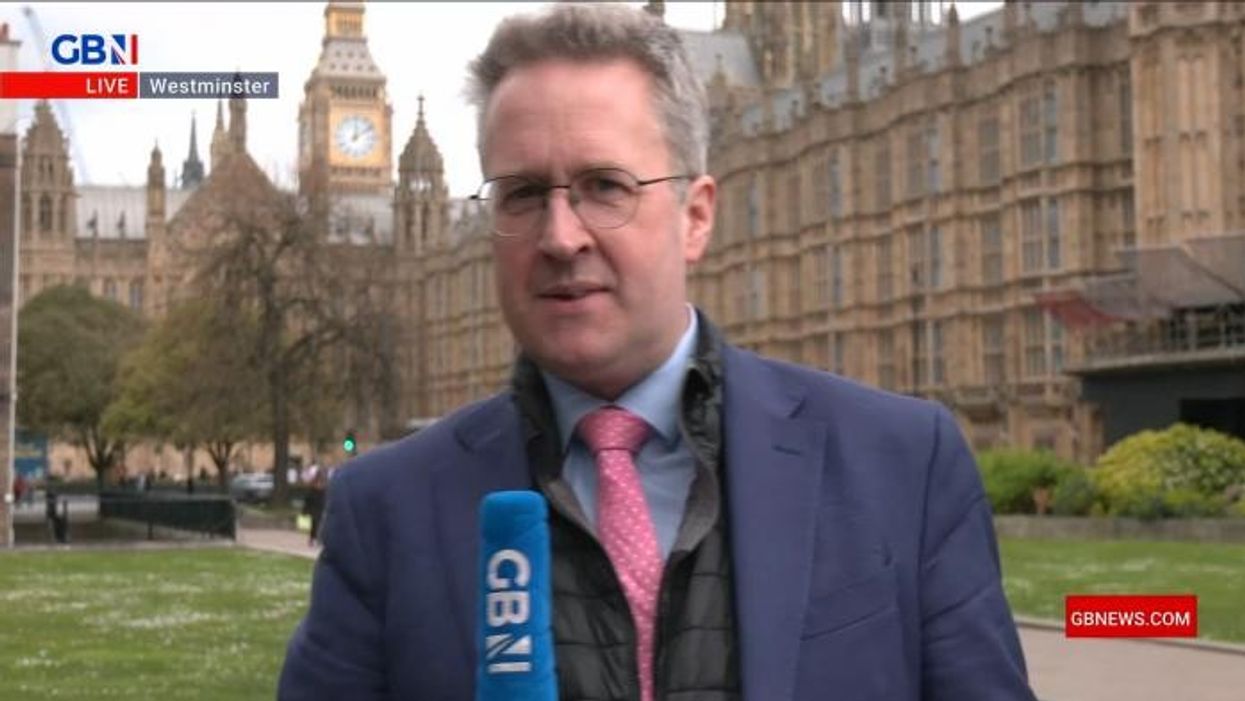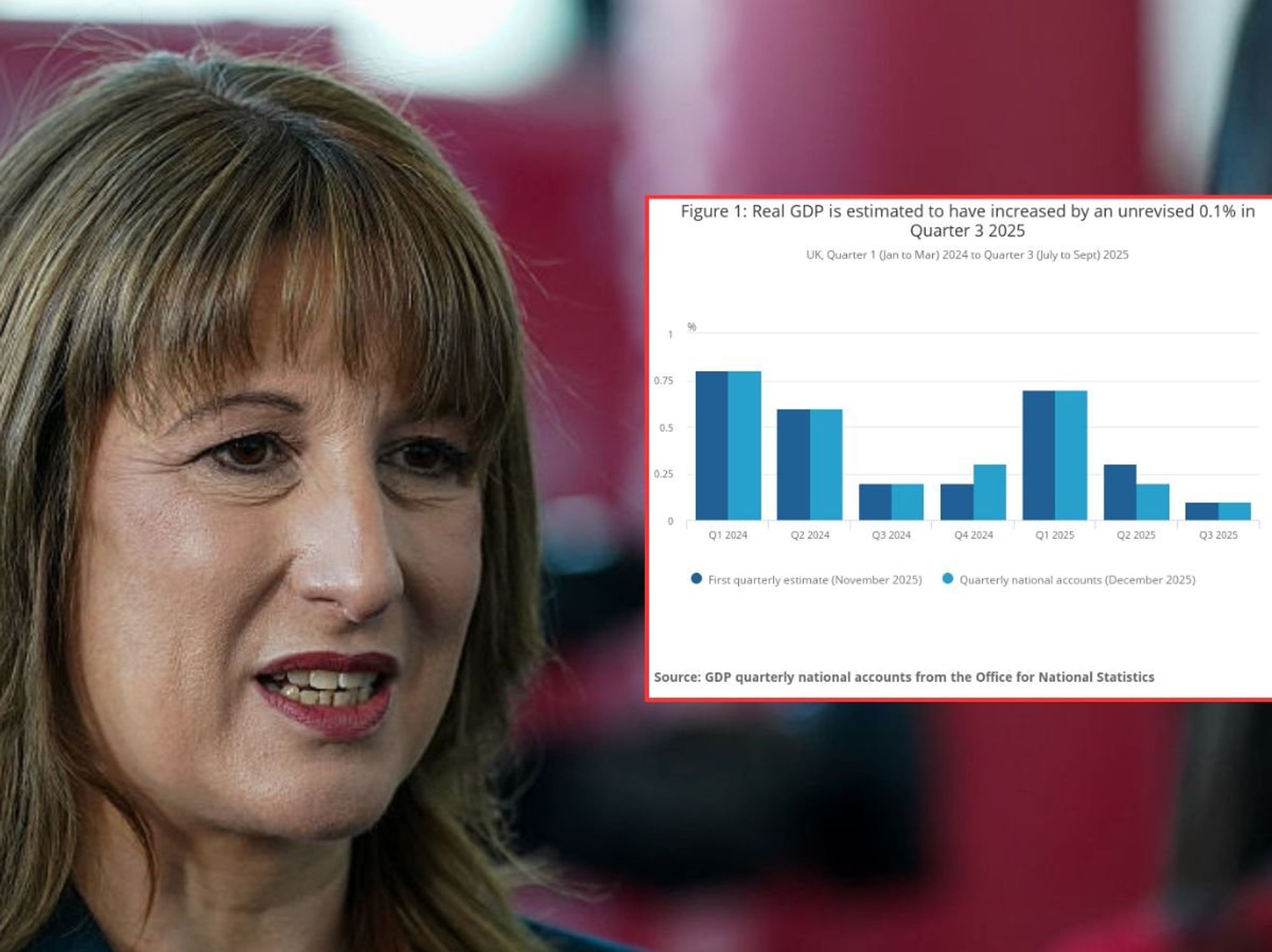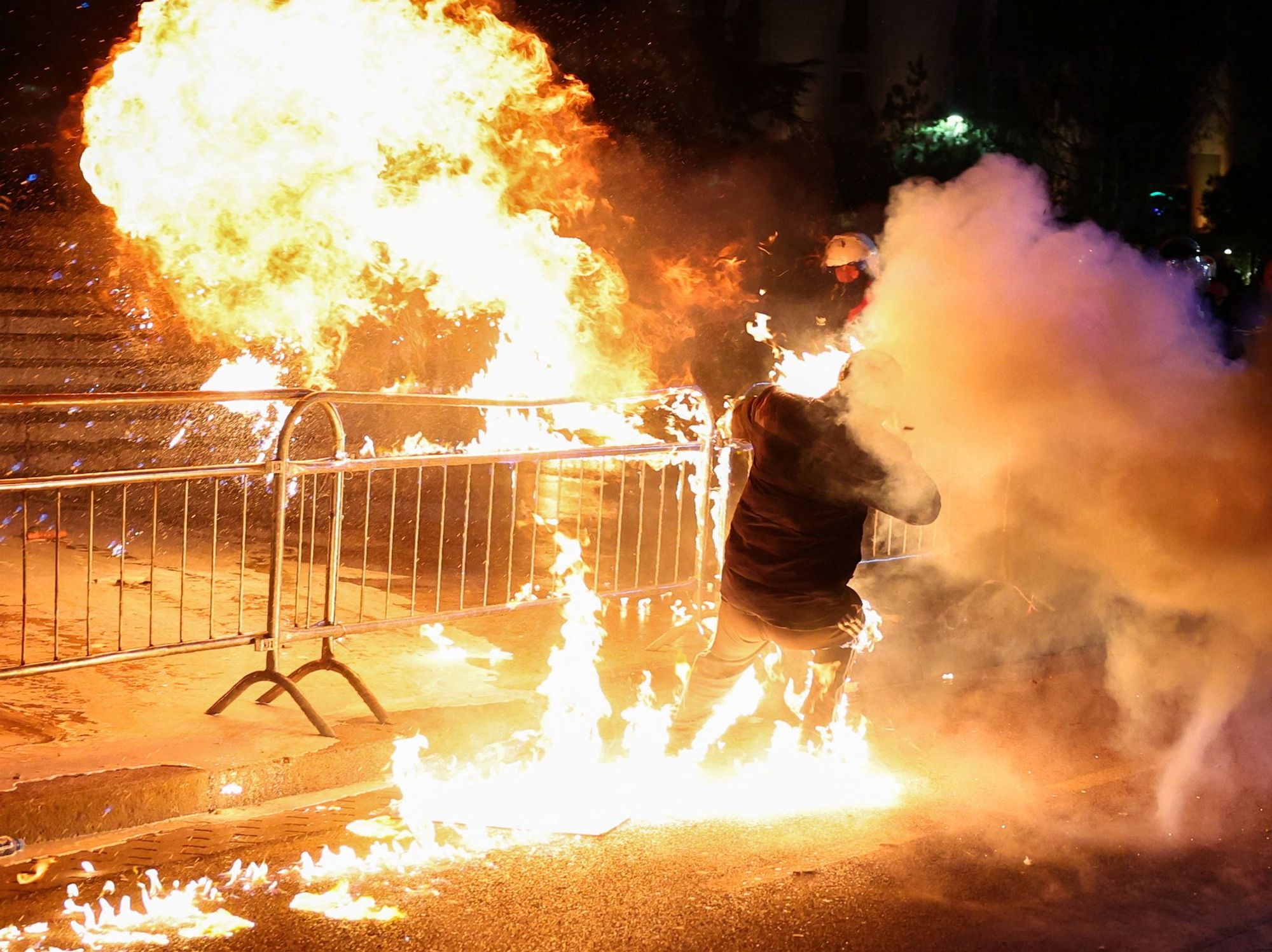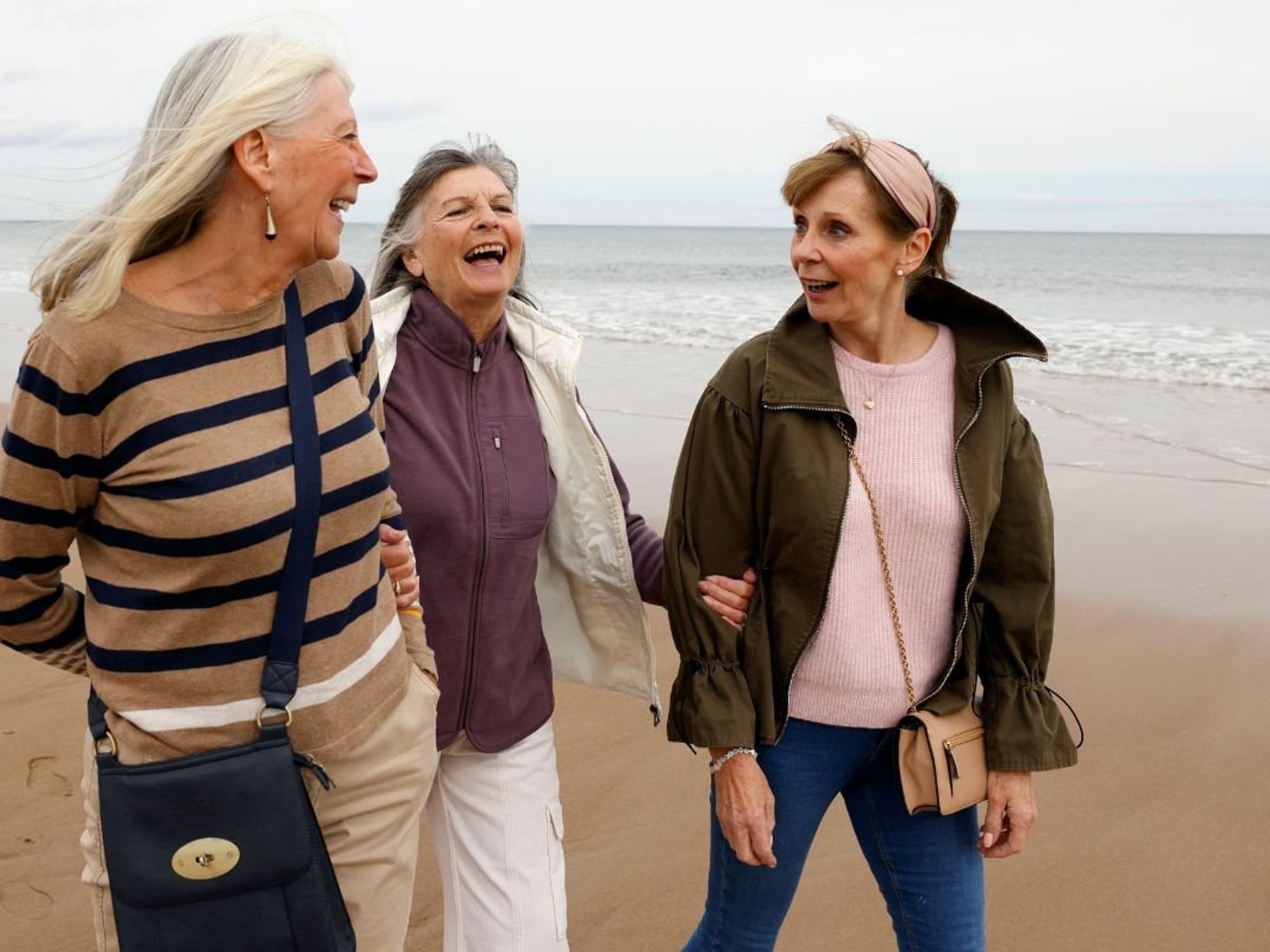Britons experiencing 'freedom restricting harassment': Dame Sara Khan highlights chilling 'erosion of society and democracy'

The Government's adviser on social cohesion warned that three-quarters of the British public feel they can't share their opinions publicly for fear of harassment
Additional reporting by Christopher Hope
Don't Miss
Most Read
British people are experiencing "freedom restricting harassment", the Government’s adviser on social cohesion has warned.
Dame Sara Khan, who authored a report into extremism, warned that rising hate crime could "erode our freedoms".
The Khan Review warned that towns and cities across Britain are "struggling" to deal with extremism being whipped up by Islamists and the far Right.
It concluded that in some areas there is "no infrastructure in place" to tackle conspiracy theories, disinformation and harassment.
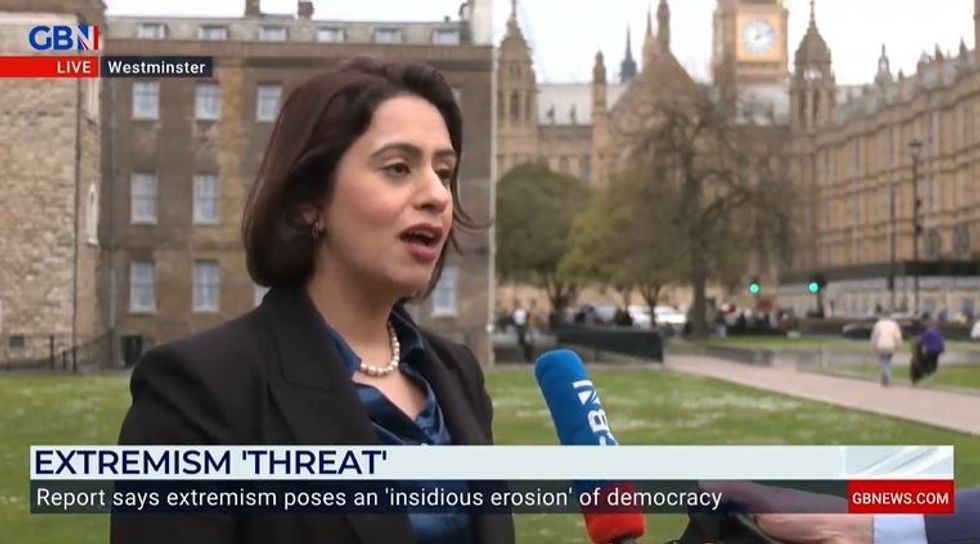
British people are experiencing "freedom restricting harassment", the Government’s adviser on social cohesion has warned
|PA
Speaking to GB News, Khan explained: "So what I describe in my report to this phenomenon called freedom restricting harassment, which is when people experience or witness threatening, intimidatory or abusive harassment either online or offline, which is then intended to make individuals or institutions self-censor out of fear.
"And so what our polling shows is that around three-quarters of the British public feel that they cannot share their personal opinion public out of fear of receiving freedom, restricting harassment.
"And you'll be aware that there's been a lot of debate over the last couple of months, even years, about how parliamentarians and those in public life have been at the forefront of such abuse and harassment.
"What my report shows for the first time is that this is a much broader phenomenon where people such as academics and teachers, councillors, journalists, civic society activists, people working in the arts and cultural sector are experiencing this awful kind of freedom restricting harassment, which is not only stifling individual liberty, but it's undermining social cohesion and eroding democratic rights and freedoms in our society."
She added: "I spoke to a former leader of a council, for example, who told me that she has received thousands of death threats directly to her, but also on online forums where people said that they would gang rape and traffic her two-year-old daughter.
"She makes her two year old daughter sleep by a fireproof blanket because a previous councillor had her property firebombed. I mean, that is just one out of many examples I heard.
"I heard about a civic society organisation, a director of an NGO, of a civic society organisation who regularly receives death threats because of her work to counter hate crime and how her staff have left their work and jobs because of fear of their lives.
"She has to change her route to work every day because she fears being attacked.
"I had constant examples like this and again across the board from different professions, and it's really deeply concerning.
LATEST DEVELOPMENTS:
"It's something we have to do because I worry is going to erode our freedoms."
Earlier this month, ministers unveiled a new definition of extremism, which will be used to ban certain groups from accessing Government funding and meeting with officials.
The definition will apply to groups that promote an ideology based on "violence, hatred or intolerance."
The new definition, which came into force two weeks ago, will not criminalise the groups but it will deny them access to taxpayer funding and bar them from meeting ministers and officials or gaining a platform that could "legitimise" them via association with the Government.


